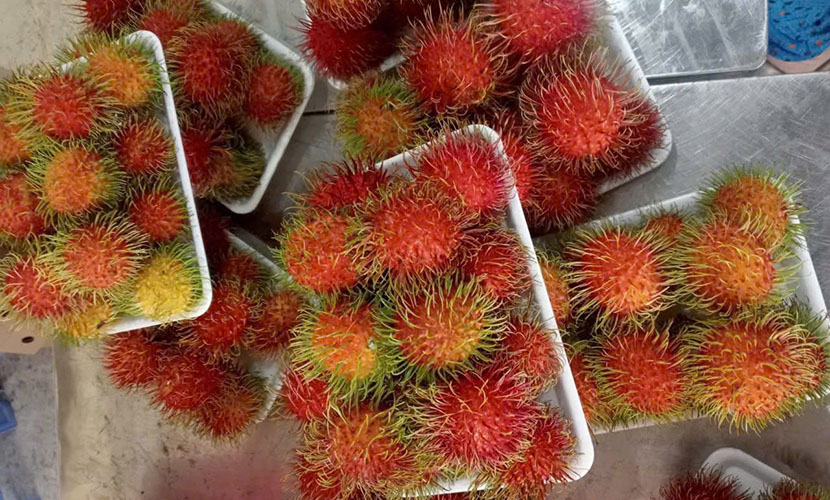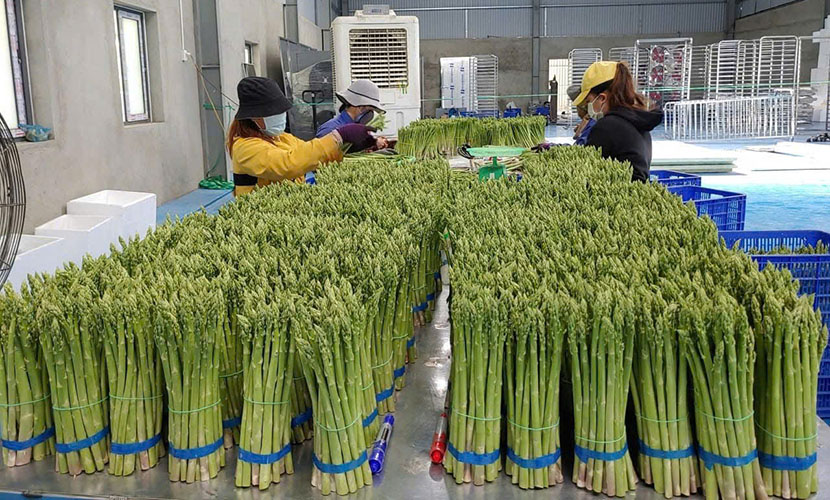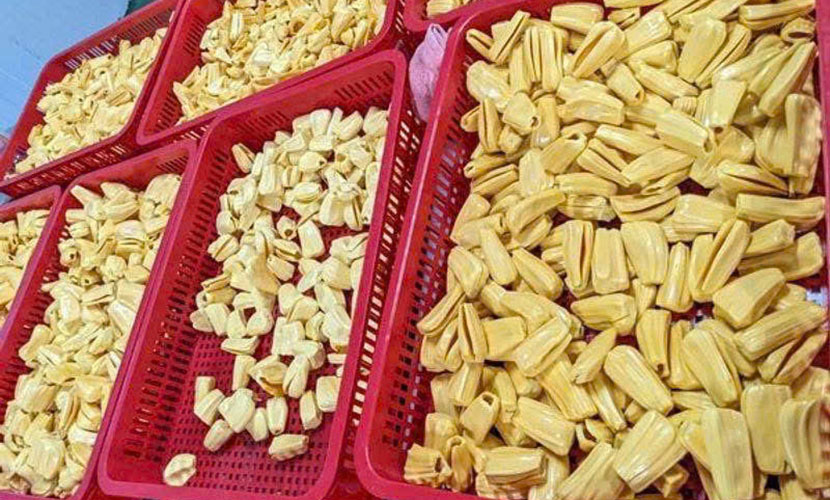
E-commerce is opening up opportunities for Vietnam agricultural products to be cheaper, reach wider audiences, and elevate their export value. Optimizing transportation costs, building digital brands, and connecting cooperatives help agricultural products access international markets more effectively.
Despite high quality, Vietnamese agricultural exports still face many “bottlenecks” in reaching international markets. At the 10th National Farmers’ Forum 2025, farmers highlighted three main difficulties. Specifically, they are high e-commerce platform fees, strict export procedures, and high transportation costs. These obstacles either raise prices, reducing competitiveness, or lowering prices, causing losses.

Vietnam’s agricultural products
Many provinces also struggle to bring their Vietnam agricultural products to the international market. Farmers worry that local specialties will struggle to compete on digital commerce platforms without support. Inefficient transportation and logistics costs and lack of consolidated shipping models have created significant barriers to market expansion.
Experts evaluate that platform fees and transportation costs directly impact farmers’ profits. In addition, they reduce the competitiveness of Vietnamese agricultural products in international markets. If unresolved, high-quality agricultural products risk serving only the domestic market, missing export opportunities. Additionally, international markets require stringent standards on traceability, packaging, labeling, and quality.
Many OCOP products have been standardized, but their quantity is still limited. Therefore, it is insufficient to create strong momentum for Vietnamese agricultural brands. Enhancing product value, from packaging and labeling to traceability, is an urgent need to expand export channels and raise brand reputation.
According to experts, the linkage between farmers, cooperatives, businesses, and management agencies is vital to solve these “bottlenecks.” At the same time, establishing common standards, organizing training, and sharing experiences are necessary for the entire agricultural community to enhance competitiveness.

Green asparagus from Vietnam
Facing these challenges, the Ministry of Industry and Trade has implemented various solutions to make Vietnamese agricultural products reach further. The Ministry aims to support agricultural products in accessing online platforms, promoting OCOP products, and training digital skills for farmers and businesses.
Partnership programs with major platforms like Shopee, Lazada, Tiki, TikTok, and Amazon have been deployed to reduce cost burdens. Support measures include free product listings, organizing large promotional campaigns, and promoting consolidated shipping and combined transport models to optimize logistics. For example, rice sellers have linked together to share transportation, saving costs, increasing profits, and reducing losses during transport.
The Ministry also cooperates with logistics companies and international payment partners to expand overseas delivery services, ensuring safe and efficient payments. In addition, the Ministry holds hundreds of e-commerce training courses annually. Accordingly, they help tens of thousands of farmers and cooperatives master skills like opening stores and digital branding.
In 2025, the Ministry approved 38 trade agricultural promotion projects with a total budget close to 35 billion VND. The funds focused on key products such as fruits and vegetables, seafood, coffee, pepper, rice, and processed goods.

Vietnamese jackfruit
In 2024, the Ministry implemented 26 projects with a budget of 26.5 billion VND. Also, it helped Vietnamese agricultural exporters to sign contracts worth hundreds of millions of USD. Support information channels for businesses has helped Vietnam agricultural products reach both domestic and international markets.
According to Mr. Dien, Minister of Industry and Trade, the upcoming E-commerce Law to be approved by the National Assembly will create a transparent legal framework, protect consumer rights, and support agricultural enterprises. The linkage between farmers, cooperatives, businesses, and industry associations is the key to optimizing logistics and improving product quality. It also plays a crucial role in strengthening brands and expanding export markets.
These efforts promise to help Vietnam’s agricultural products not only reach domestic consumers at reasonable costs but also expand into international markets. This will contribute to sustainable economic growth and elevate Vietnamese agricultural brands on the global map.
The combination of policy, digital skills, effective logistics models, and brand promotion is a strategic path for Vietnam agricultural products. It helps make them not only cheaper but also higher quality and more competitive in the global environment.
Vietnamese source: https://thuonghieusanpham.vn/nong-san-viet-nang-tam-gia-tri-but-pha-tren-ban-do-the-gioi-83595.html
